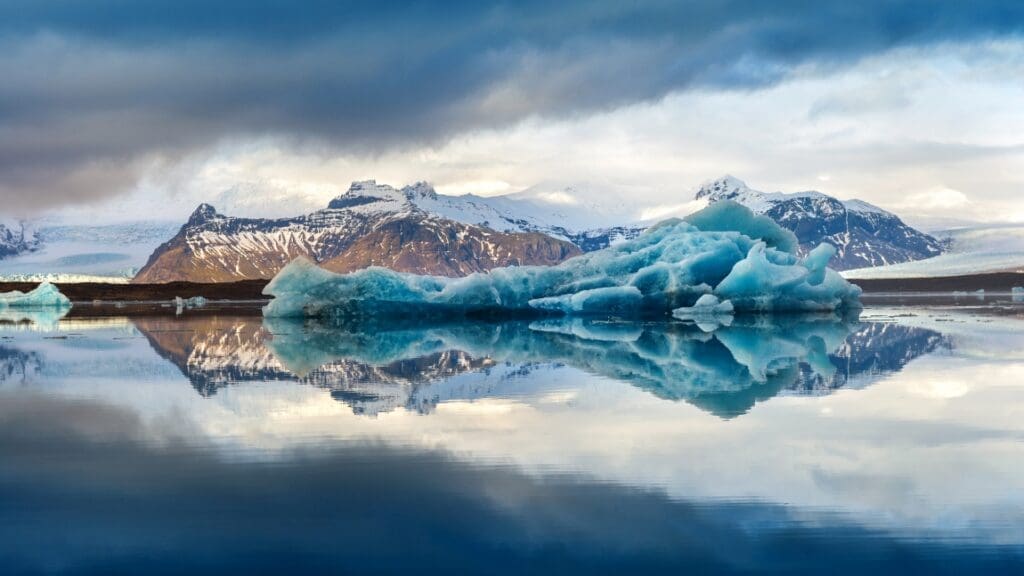Climate change is one of the most pressing challenges of our time, necessitating coordinated global action to mitigate its impacts and adapt to inevitable changes. The European Union (EU) has positioned itself at the forefront of international climate initiatives, striving to lead by example in reducing greenhouse gas emissions and promoting sustainable practices worldwide.
Table of Contents
Through its comprehensive strategy and active participation in global agreements, the EU seeks to foster a collective response to climate change that is both ambitious and equitable.
The EU and the UNFCCC: a central role in Global Climate Governance
At the heart of the EU’s international climate action is its engagement with the United Nations Framework Convention on Climate Change (UNFCCC). Established in 1992, the UNFCCC provides a global platform for countries to negotiate and implement strategies aimed at curbing climate change. The annual Conference of the Parties (COP), organized under the UNFCCC, serves as a critical venue where these discussions take place.
The EU has been an active participant in these negotiations, playing a crucial role in shaping international climate policy. A significant milestone in the EU’s involvement was its instrumental contribution to the Paris Agreement, adopted at COP21 in 2015. This legally binding treaty brought together nearly every country in the world to commit to limiting global warming to well below 2 degrees Celsius above pre-industrial levels, with efforts to keep it to 1.5 degrees Celsius.
The Paris Agreement marked a turning point in global climate action, establishing a framework for countries to set and update their own climate targets, known as Nationally Determined Contributions (NDCs).
The EU’s commitment to the Paris Agreement is reflected in its ambitious climate policies. The European Green Deal, introduced in 2019, sets the target for the EU to become climate-neutral by 2050, meaning that the bloc’s net greenhouse gas emissions will be reduced to zero. To achieve this, the EU has set an interim target to reduce emissions by at least 55% by 2030 compared to 1990 levels.
These goals are among the most ambitious of any major economy, demonstrating the EU’s leadership in the global effort to combat climate change.
Supporting climate action globally
Beyond its direct participation in international negotiations, the EU is actively involved in supporting climate action in developing countries. Recognizing that climate change disproportionately affects the world’s poorest and most vulnerable populations, the EU has committed to providing substantial financial and technical assistance to help these countries mitigate and adapt to climate impacts.
The EU is one of the largest contributors to global climate finance, channeling funds through various mechanisms, including the Green Climate Fund (GCF), which was established under the UNFCCC to support developing countries in their efforts to respond to climate change.
The EU’s contributions are vital in helping these countries implement their NDCs and transition to low-carbon, climate-resilient economies.
In addition to financial support, the EU engages in capacity-building initiatives, sharing expertise and technology with developing countries. These efforts are crucial for enabling these countries to develop the necessary infrastructure and policies to meet their climate goals. The EU also promotes partnerships between the public and private sectors, encouraging investment in sustainable energy, infrastructure, and other climate-related projects.
One key initiative supported by the EU is the Marrakesh Partnership for Global Climate Action. Launched at COP22 in 2016, this partnership aims to accelerate the implementation of the Paris Agreement by fostering collaboration between governments, businesses, cities, and civil society. The EU’s involvement in this partnership underscores its commitment to inclusive climate action, recognizing that a diverse range of actors must be engaged to achieve the goals of the Paris Agreement.

Addressing climate change through diplomacy
The EU’s approach to global climate action also involves the integration of climate considerations into its broader foreign and security policy. Climate change is increasingly recognized as a threat multiplier, exacerbating existing challenges such as poverty, migration, and conflict. The EU has therefore sought to incorporate climate resilience into its development aid, trade agreements, and diplomatic engagements.
One example of this approach is the EU’s promotion of “climate diplomacy,” which seeks to build international alliances and partnerships around the shared goal of addressing climate change. Through bilateral and multilateral dialogues, the EU works to encourage other countries to adopt more ambitious climate policies and to uphold their commitments under the Paris Agreement. The EU’s climate diplomacy efforts are particularly focused on engaging with major emitters and emerging economies, which are critical to achieving global climate goals.
In addition to its diplomatic efforts, the EU is actively involved in multilateral initiatives aimed at tackling specific aspects of climate change. For instance, the EU supports the Global Methane Pledge, launched at COP26 in 2021, which aims to reduce global methane emissions by 30% by 2030. Methane is a potent greenhouse gas, and addressing its emissions is seen as a crucial step in limiting global warming in the short term.
The EU’s vision for the future
Looking ahead, the EU is committed to further strengthening its role in global climate action. The European Climate Law, adopted in 2021, enshrines the EU’s 2050 climate neutrality target into law, providing a clear and binding framework for achieving this goal.
The EU is also working to enhance its climate adaptation strategies, recognizing that even with ambitious mitigation efforts, some impacts of climate change are now unavoidable.
Moreover, the EU continues to advocate for greater international cooperation in addressing climate change, emphasizing the need for all countries to contribute to the global effort according to their capabilities and responsibilities. This principle of “common but differentiated responsibilities” is central to the Paris Agreement and reflects the EU’s commitment to a just and equitable transition to a low-carbon future.
In conclusion, the EU’s global climate action is characterized by its strong commitment to international cooperation, ambitious policy goals, and substantial support for developing countries. As the world faces the urgent challenge of climate change, the EU’s leadership and engagement are crucial in driving the collective action needed to safeguard the planet for future generations.
Through its continued efforts, the EU aims to build a more sustainable and resilient world, where the impacts of climate change are minimized, and opportunities for sustainable development are maximized.
Featured image credit: Freepik




